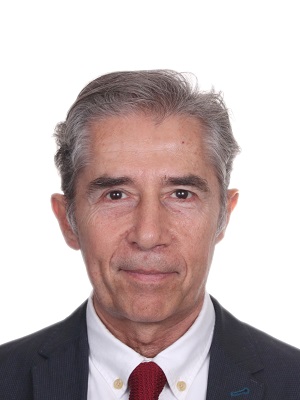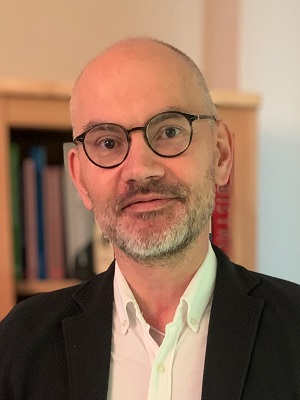 Juan Arasanz is a senior researcher in the field of comparative industrial relations, working conditions and employment policies at Notus ASR (Barcelona).
He holds a Master's degree in Public and Social Policy from the Pompeu Fabra University (UPF) and a post-graduate degree in Data Analysis for Public Policies from the University of Barcelona.
View moreHe works as Eurofound national correspondent and is regularly involved on international research projects. He combines research with teaching the Labour Relations Degree programme at the UPF.
|
 Simon Broek (1982) is senior researcher and was involved in more than 140 research and evaluation projects in the last fifteen years. In these projects, he is often the lead researcher or project manager, also responsible for managing client contact, quality control and conflict resolution.
He worked for the European clients (DG EMPL, DG EAC, ETF, Cedefop, EUROFOUND, DEVCO), international clients (UNESCO, ILO, OECD, DAAD), Dutch ministries and others.
View moreHe is specialised in the field of education and training, labour market and social affairs with a main focus on VET, apprenticeships, and adult learning. In 2022 he started a PhD on adult learning self-directedness and learning culture (Open University, the Netherlands). He is project leader of the Training Funds in Europe Cedefop project.
|
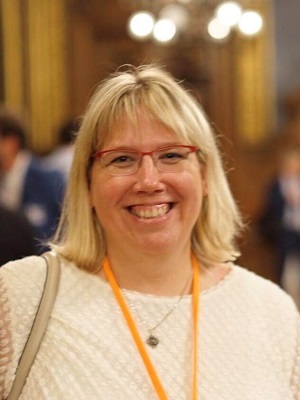 Klara Engels-Perenyi is a Policy Officer in the Skills Agenda unit in DG Employment, Social Affairs and Inclusion at the European Commission.
She is working on adult skills policies, and in particular on the Commission initiative on individual learning accounts and on the action “Skills for Life” of the EU Skills Agenda.
View moreKlara is coordinating the Commission expert group on Adult Learning and the Network of national coordinators for the implementation of the EU Agenda on Adult Learning. She worked before on higher education policies and the Bologna Process and developed the Commission’s initiative on an EU approach to micro-credentials.
|
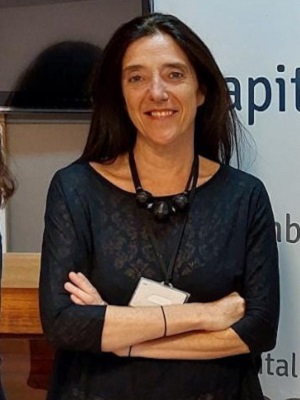 Sofia Gutierrez Dewar, is a senior VET expert at the Fundación Estatal para la Formación en el Empleo, in Spain.
She holds a university degree in Economics and Business Sciences and further education in training practices at NYU. Her focus is now on issues related to national and European research projects addressing lifelong learning and CVT, social dialogue, anticipation of sectoral training needs, and making training for digitalisation available for all.
View moreHer professional experience for the last 25 years in FUNDAE includes assisting the management board in the designing of the different calls for proposals of the Spanish training for employment system, defining priorities and target groups. She has been member of the ReferNet Spain team for 8 years.
|
|
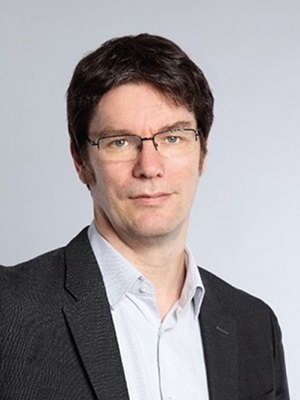 Günter Hefler has been a researcher and consultant at 3s Research & Consulting, Vienna, since 2003. Günter Hefler has been a researcher and consultant at 3s Research & Consulting, Vienna, since 2003.
He specialises in cross-country comparative research on lifelong learning, with a particular interest in the fields of learning at work and organisations’ training policies. Regarding the latter, he has served in various projects for the European Commission, Cedefop and in large-scale comparative projects funded by EU research funding frameworks.
View moreHe led the consortium working Cedefop’s project on the EU Member States’ responses to the Council Recommendation on individual learning accounts and he is currently serving in a senior expert role in Cedefop’s study on training funds.
He holds a master degree in philosophy, sociology and political sciences from the University of Vienna, and a PhD in lifelong learning from the University of Klagenfurt.
|
 Chantal Huinder describes being director of Doorzaam, the training fund of temporary workers within the Netherlands, as a privilege.
Doorzaam enables her and her team in making a difference in the lives of temporary workers regarding sustainable employability. Or as Doorzaam likes to refer to: safety, health and education.
View moreShe's passionate about people and adding sustainable value to their live and is always up for starting new initiatives. She has an educational background in International Business and Management Studies and a master's in Social Science. Which makes it no surprise that she loves it when she can work where these worlds come together.
|
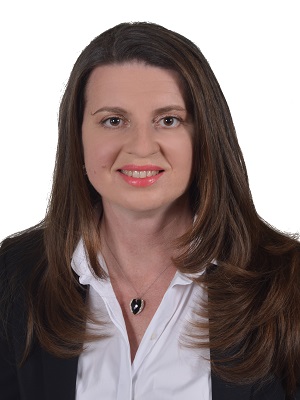 Patrycja Lipińska has worked as an expert at the European Centre for the Development of Vocational Training (Cedefop) since 2005.
She is responsible for research and policy analysis on VET financing.
Her recent and current projects include financing CVET/adult learning with a focus on demand-side schemes, financial and non-financial instruments supporting training performance in micro, small and medium-sized enterprises, individual learning accounts and training funds. She holds master degrees in economics from the University of Gdańsk, Poland and the University of Exeter, UK.
|
 Eleni Papaioannou, Researcher in Adult Education and VET
Eleni Papaioannou (Ph.D.) is a researcher in continuing education and lifelong learning. Her thematic expertise includes lifelong learning, European and international policies, adult education and VET.
|
|
 Mario Patuzzi, Head of the Unit VET Policies at the DGB Federal Executive Committee in Berlin. Mario Patuzzi, Head of the Unit VET Policies at the DGB Federal Executive Committee in Berlin.
Mario Patuzzi is a political scientist and social business economist and has worked as a trade union secretary since 2004, initially in the area of trade union youth. In his current role, he is particularly concerned with the legal framework of the dual vocational training system and issues such as validation, the National Qualifications Framework, National Skills Strategy and quality assurance. He represents the DGB on numerous bodies, including the Cedefop Management Board. He is currently its chairman.
|
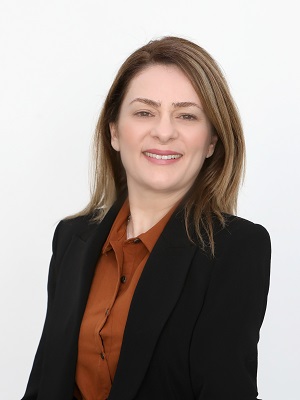 Maria Pirea was born and raised in Nicosia. She holds a degree in Business Administration from Open University of Cyprus and a Higher Diploma in Travel and Tourism Management.
In 2005 she joined the Cyprus Employers & Industrialists Federation (OEB) as an B. Officer in the Management Development department and in 2018 she was promoted to the position of Officer in the Research, Training and European Programs department. From 2023 she holds the position of Senior Officer in the Human Resources department.
View moreHer areas of specialisation include the preparation of proposals and selection of training programs, the planning, organization and implementation of the seminars, offered by OEB.
|
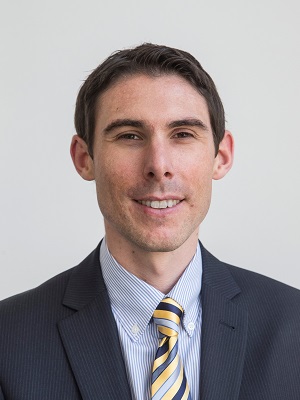 Robert Plummer,Senior Adviser for Social Affairs, BusinessEurope
Robert is a senior adviser responsible for issues concerning migration and mobility, education and skills, social dialogue and the European Labour Authority.
Prior to joining BusinessEurope, Robert worked as a political adviser for the Alliance of Liberals and Democrats for Europe (ALDE) party.
View moreHe attended Keele University in the UK and holds a Ph.D in industrial relations and human resource management, focusing on a comparative study of the demand for EU migrant workers in Sweden and the UK. He also has an MA in European industrial relations and human resource management and a BA in human geography and human resource management.
|
|
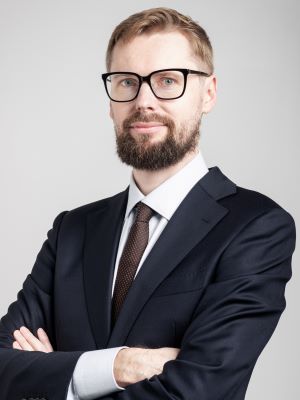 Mantas Sekmokas is currently engaged as an expert in research and policy analysis at the European Centre for the Development of Vocational Training (CEDEFOP), with a focus on the topics of financing and statistics in VET. During his more than 20 years of work experience, he provided advice on data analytics and monitoring of VET, adult learning and skills policies to multiple international and national bodies, such as UNESCO, ILO, OECD, G7, European Commission, Nordic Council of Ministers, BMZ/GIZ and Skills Future Singapore agency (including nearly ten years of work for the European Commission), as well as the private sector. Mantas Sekmokas is currently engaged as an expert in research and policy analysis at the European Centre for the Development of Vocational Training (CEDEFOP), with a focus on the topics of financing and statistics in VET. During his more than 20 years of work experience, he provided advice on data analytics and monitoring of VET, adult learning and skills policies to multiple international and national bodies, such as UNESCO, ILO, OECD, G7, European Commission, Nordic Council of Ministers, BMZ/GIZ and Skills Future Singapore agency (including nearly ten years of work for the European Commission), as well as the private sector.
View moreHis academic background includes a MSc degree in Information systems and data science from the University of Amsterdam (UvA); a MSc degree in Cognitive and Decision Sciences from the University College London (UCL); a MSc degree in International Management from ISM University of Management and Economics and a Bachelor’s degree in Business from Vilnius University.
|
 Jürgen Siebel joined Cedefop from the private sector in September 2019.
As Executive Director, he is responsible for managing the Agency’s operations in accordance with the strategic direction of its tripartite Management Board.
View moreWith his management team and all staff, Jürgen has led Cedefop to strengthen its position as a go-to ally for the EU institutions, social partners, researchers and practitioners when it comes to analysing the impacts of megatrends on the labour market, on skills, and on training ecosystems – and on how vocational education and training enables a fair digital and green transition.
Jürgen has a background in human-resources management with particular emphasis on learning and education, earned his MSc in economics at the University of Hamburg, and his PhD in business administration from the University of Vienna.
|
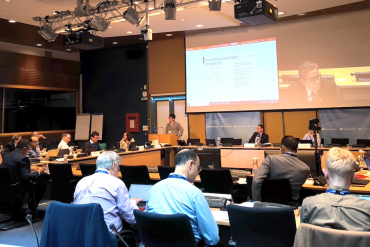
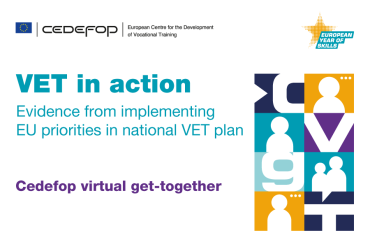


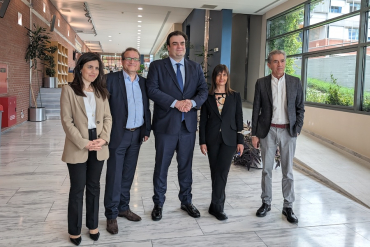

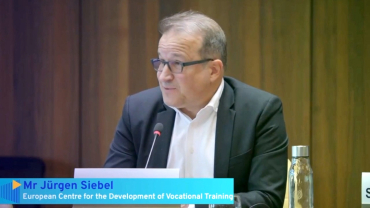



 Spotify
Spotify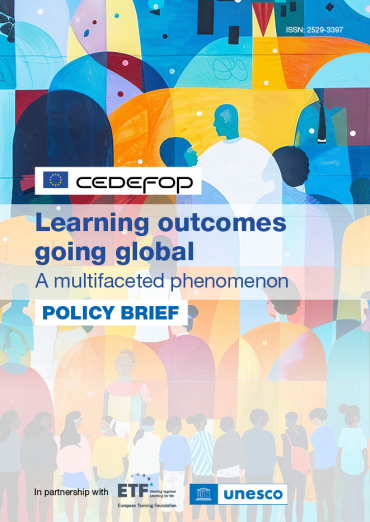


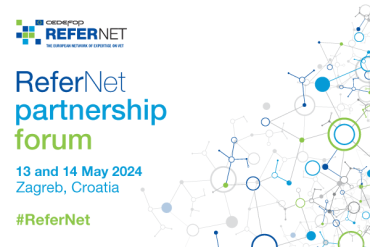





 Günter Hefler has been a researcher and consultant at 3s Research & Consulting, Vienna, since 2003.
Günter Hefler has been a researcher and consultant at 3s Research & Consulting, Vienna, since 2003.

 Mario Patuzzi, Head of the Unit VET Policies at the DGB Federal Executive Committee in Berlin.
Mario Patuzzi, Head of the Unit VET Policies at the DGB Federal Executive Committee in Berlin.

 Mantas Sekmokas is currently engaged as an expert in research and policy analysis at the European Centre for the Development of Vocational Training (CEDEFOP), with a focus on the topics of financing and statistics in VET. During his more than 20 years of work experience, he provided advice on data analytics and monitoring of VET, adult learning and skills policies to multiple international and national bodies, such as UNESCO, ILO, OECD, G7, European Commission, Nordic Council of Ministers, BMZ/GIZ and Skills Future Singapore agency (including nearly ten years of work for the European Commission), as well as the private sector.
Mantas Sekmokas is currently engaged as an expert in research and policy analysis at the European Centre for the Development of Vocational Training (CEDEFOP), with a focus on the topics of financing and statistics in VET. During his more than 20 years of work experience, he provided advice on data analytics and monitoring of VET, adult learning and skills policies to multiple international and national bodies, such as UNESCO, ILO, OECD, G7, European Commission, Nordic Council of Ministers, BMZ/GIZ and Skills Future Singapore agency (including nearly ten years of work for the European Commission), as well as the private sector.
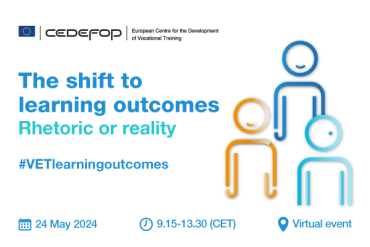

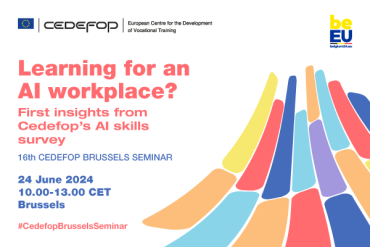
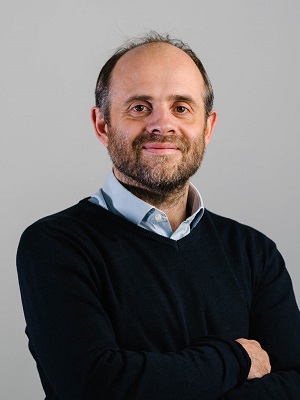
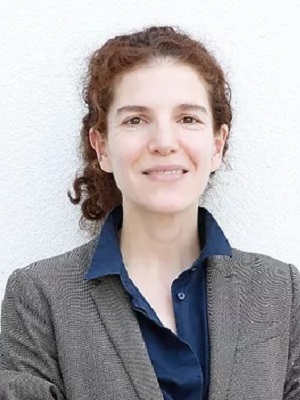
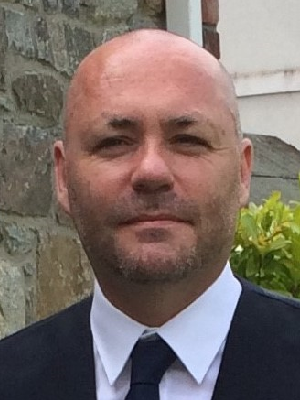
 Konstantinos Pouliakas is an Expert on Skills and Labour Markets at Cedefop.
Konstantinos Pouliakas is an Expert on Skills and Labour Markets at Cedefop.